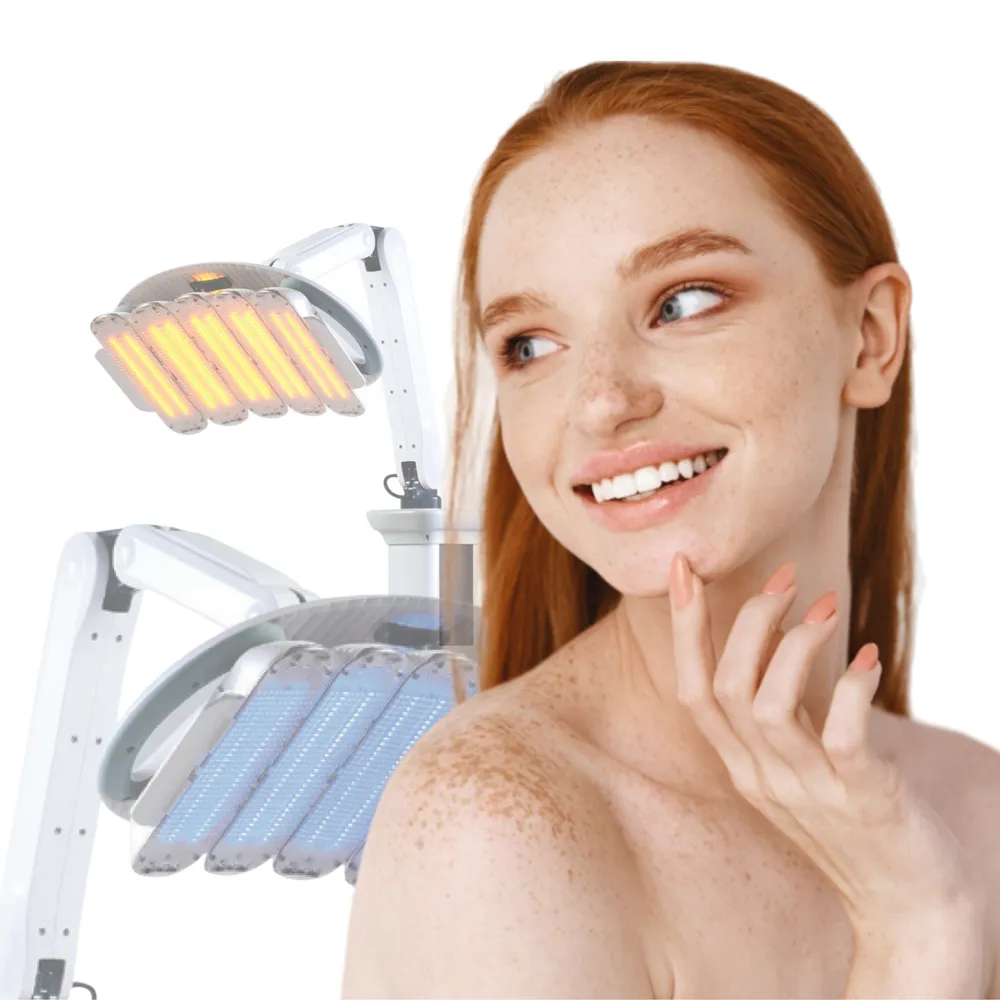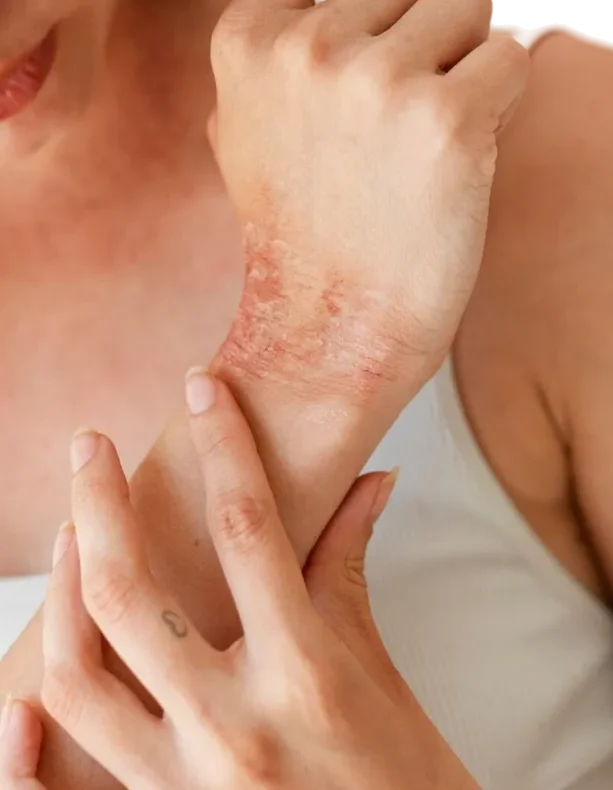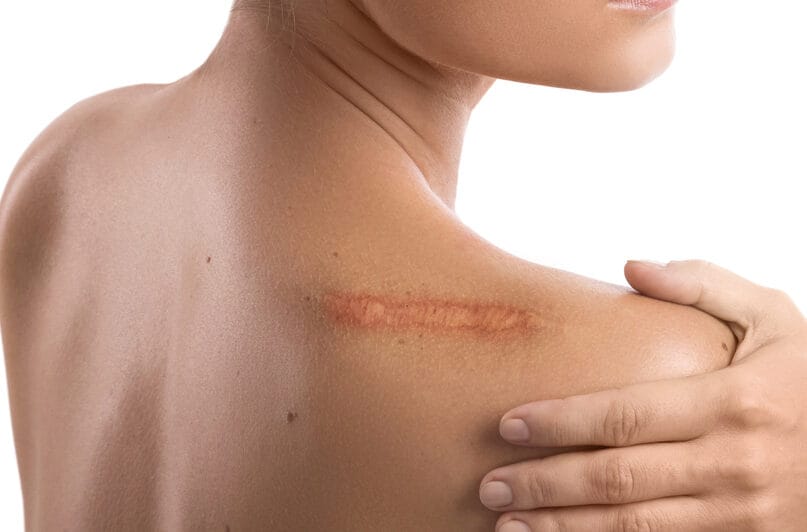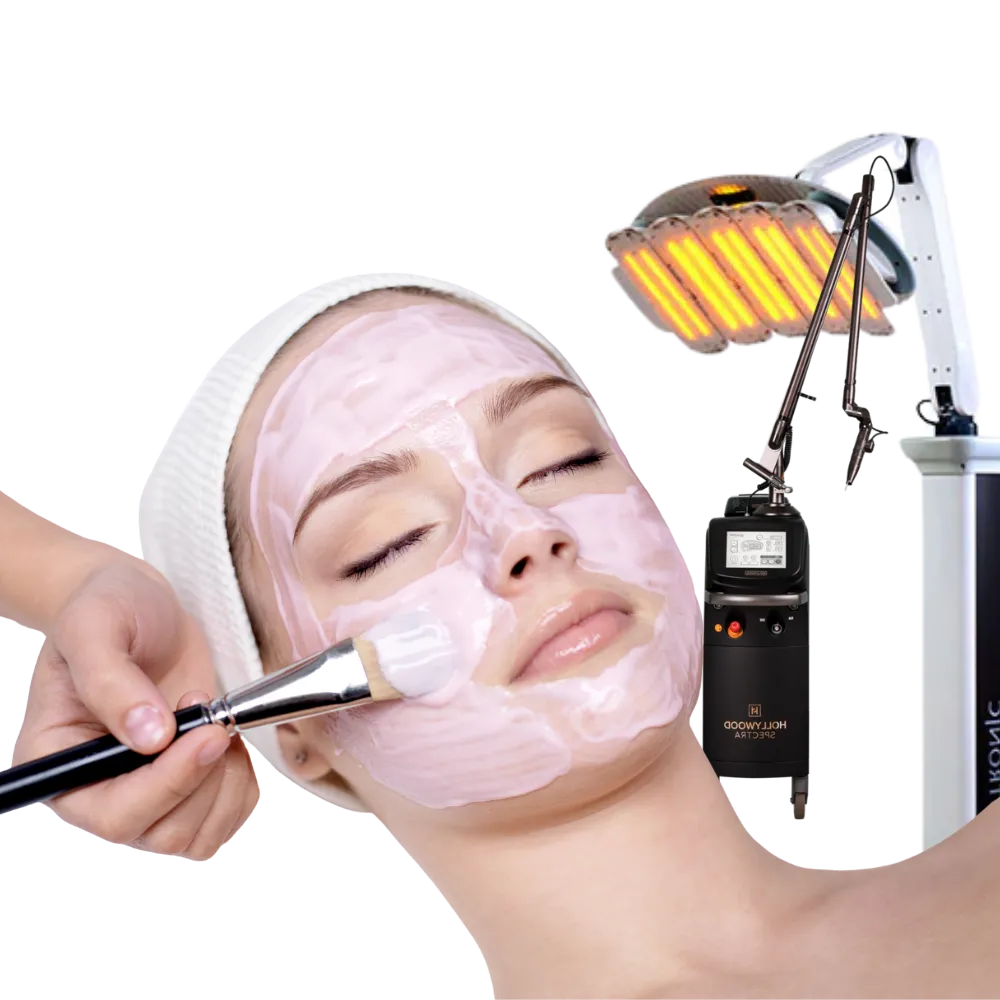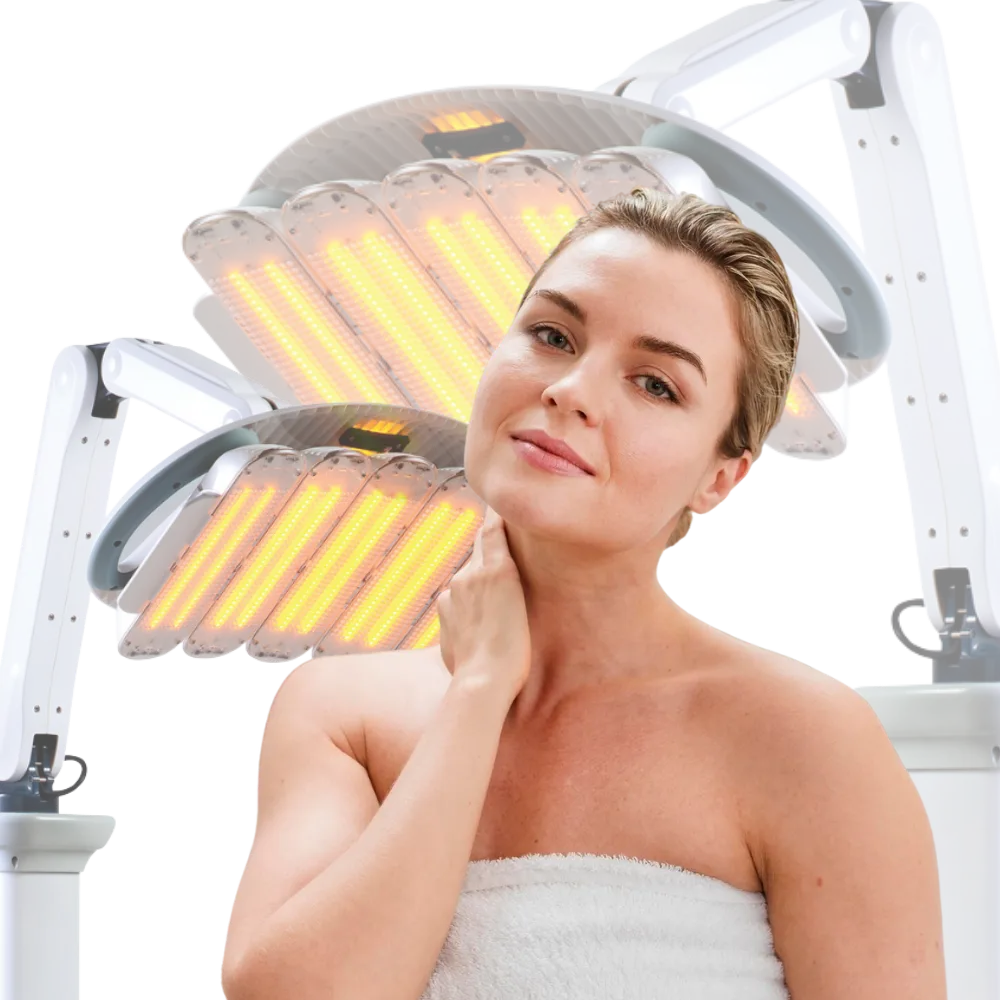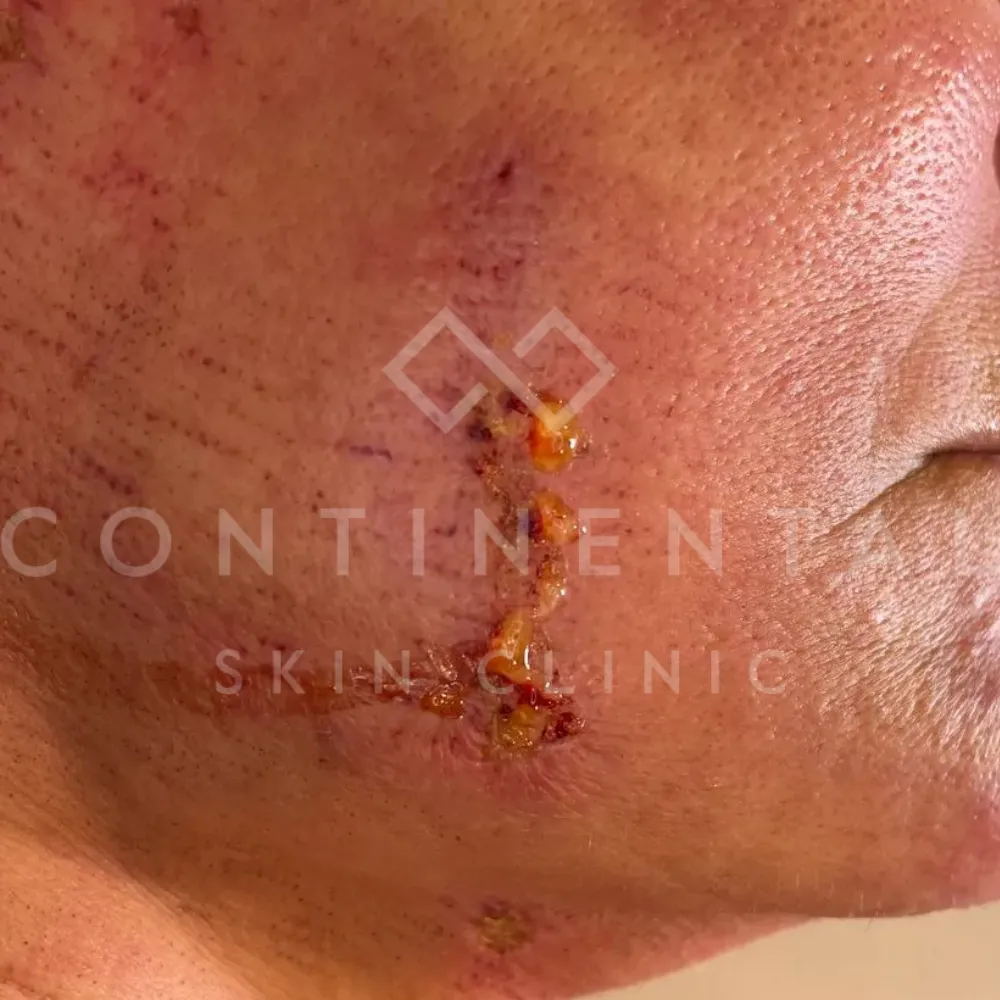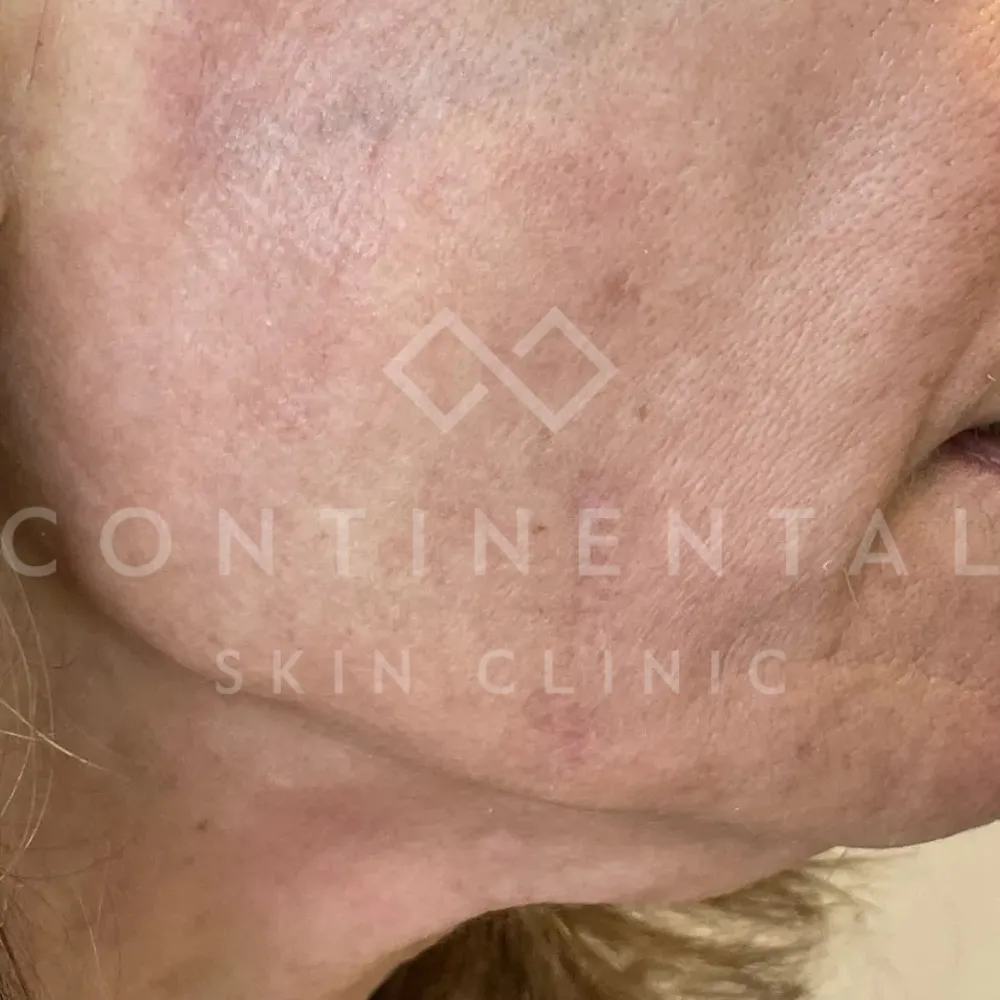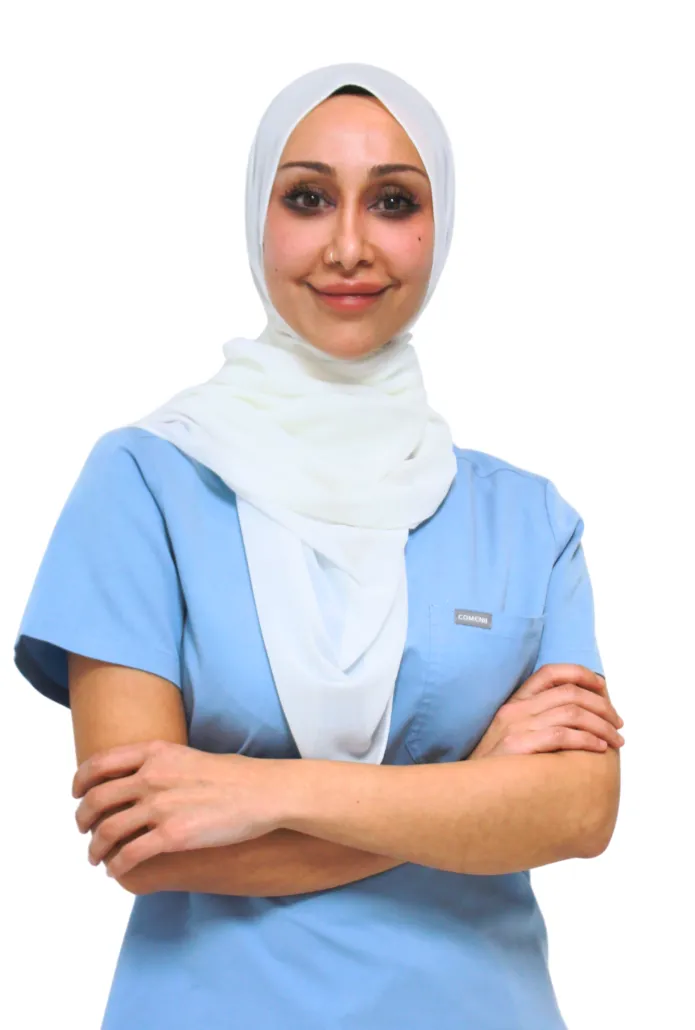Hair Density & Scalp Health (830 nm)
Acne & Breakout Control (415 nm Blue Light)
Eczema, Psoriasis & Dermatitis (830 nm)
Redness & Sensitivity (830 nm)
Skin Rejuvenation & Glow Boost (830 nm)
Wound & Burn Healing (830 nm)
Hair Density & Scalp Health (830 nm)
Hair Density & Scalp Health (830 nm)
If you want stronger, healthier hair, Healite II™ 830 nm helps nourish the scalp and support follicle activity. By improving circulation around the follicles, this gentle wavelength enhances hair vitality and works beautifully alongside hair-restoration treatments for fuller, more resilient strands over time.
Acne & Breakout Control (415 nm Blue Light)
Acne & Breakout Control (415 nm Blue Light)
If you struggle with acne, Healite II™ Blue Light is an excellent addition to your treatment plan. The 415 nm wavelength destroys acne-causing bacteria, calms inflammation and helps prevent future breakouts. Your skin feels calmer, clearer and more balanced — without irritation or downtime.
Eczema, Psoriasis & Dermatitis (830 nm)
Eczema, Psoriasis & Dermatitis (830 nm)
If your skin is sensitive, inflamed or easily irritated, Healite II™ helps bring it back into balance. The 830 nm wavelength reduces redness, itchiness and discomfort while supporting barrier repair. It’s gentle enough for chronic skin conditions and strong enough to help you feel relief.
Redness & Sensitivity (830 nm)
Redness & Sensitivity (830 nm)
If your skin flushes easily or reacts to almost everything, Healite II™ 830 nm offers immediate calm. This wavelength reduces redness, softens irritation and strengthens your skin’s natural resilience. It’s also perfect after any advanced treatment when your skin needs soothing support.
Skin Rejuvenation & Glow Boost (830 nm)
Skin Rejuvenation & Glow Boost (830 nm)
If you want smoother, firmer, more luminous skin — without downtime — Healite II™ is a beautifully gentle way to enhance your natural radiance. The 830 nm wavelength boosts collagen, refines texture and leaves your complexion glowing, healthy and refreshed. Perfect for anyone wanting subtle, consistent rejuvenation in London.
Wound & Burn Healing (830 nm)
Wound & Burn Healing (830 nm)
If your skin is recovering from a wound, burn or surgical procedure, go for Healite II™. It helps speed up the healing process. The 830 nm wavelength increases cellular repair and collagen formation, helping the skin heal faster with less inflammation and smoother overall texture.

